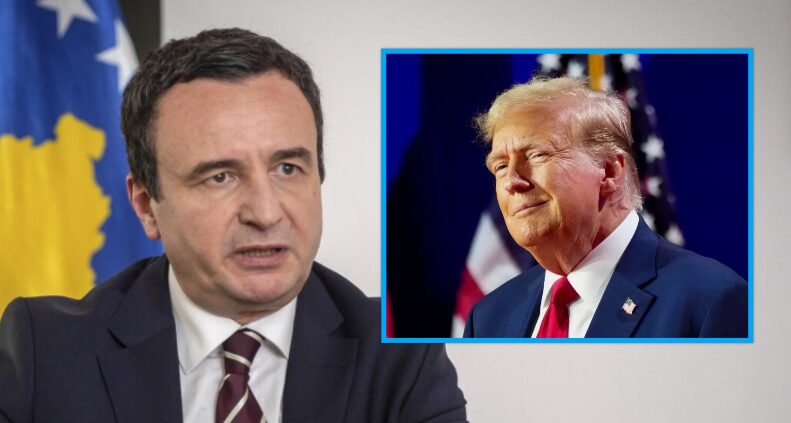Democracy is tricky, and elections? Even trickier. Parties gain or lose majority, leaders rise and fall, and in the end, it’s the people who decide the path of their country—though often, they’re just being swayed.
Now, if someone wins over 50% of votes, they’re clearly the popular choice. But what if they lose the majority yet still get the most votes? That’s a sign of fading popularity, right? Well, that’s exactly where Kosovo’s Albin Kurti stands.
He’s slipping, and the results prove it—some bad calls have come back to bite him. But why is the Western media glorifying his downfall like it’s some heroic tale? Its not and here we answer why.
Kosovo’s ruling Vetevendosje party is set to win Sunday’s parliamentary election but has fallen short of securing a majority to govern alone, according to preliminary results released on Monday.
The outcome marks a decline from the 50%+ victory Prime Minister Albin Kurti’s party secured in 2021. However, it still positions him to lead the next government in a country where politics revolve around relations with Serbia and its ethnic Serb minority.
A new Kurti-led administration may continue efforts to strengthen government control over the north, home to around 50,000 ethnic Serbs who reject Kosovo’s 2008 independence from Serbia. This has raised concerns among moderates fearing renewed ethnic unrest.
With 88% of votes counted, Vetevendosje secured 41.3%, while the Democratic Party of Kosovo followed with 21.8%, and the Democratic League of Kosovo took 17.8%.
“Preliminary results show one clear truth—Vetevendosje has won the February 9, 2025 elections,” Kurti told supporters in Pristina, as crowds celebrated with fireworks, drums, and Albanian flags.
Coalition talks are expected to begin Monday, though Kurti previously insisted he wouldn’t govern with a coalition. The campaign was marked by fierce debates on corruption, crime, healthcare, and education, alongside heightened tensions over his policies limiting ethnic Serb autonomy.
But POLITICO? Oh, they’re on a whole different kind of delusion. “Kosovo PM Albin Kurti wins election amid tensions with Brussels and Washington,” they claim, as if his downfall is some grand vendetta by the West.
Seriously? We all know the real frustration here—the U.S. cutting off USAID to Kosovo.
Let’s not forget, back in 2020, Kurti openly backed Joe Biden, urging Albanians in the U.S. to vote for him. Biden’s win shifted the game, scrapping Trump’s Serbia-Kosovo agreement.
Instead, under Biden, Kurti and EU leaders pushed a hardline stance on Serbia—sanctions threats, military posturing, and diplomatic pressure.
And of course, let’s talk NATO. They broke Yugoslavia, carved out Kosovo, and left behind chaos. Their intervention led to retaliatory violence against Serbs, and even now, 3,000 NATO troops remain, supposedly for “peacekeeping.” But in reality? Their presence is fueling tensions, not easing them.
And where was Ursula von der Leyen when Kurti was targeting Serbs? Silent. Now that the tide is turning, suddenly, the narrative shifts. Times have changed.
The public sees through lies and deceptions. They know Kurti never solved the crisis with Serbia. The Ohrid Agreement never came and peace was never on his cards and so, many Kosovars voted not to elect him again. He may have lost popularity and majority, he will still form government.
But for how long will the steam carry him? The EU cut some financial aid to Kosovo in June 2023, and its EU membership bid remains in limbo, with five member states still refusing to recognize its independence.
Things haven’t been much better with Trump’s second term. Since 1999, USAID has poured over $1 billion into Kosovo, but Trump’s recent three-month freeze on foreign aid—including funds for Kosovo’s Western integration—caught Pristina off guard. Even if aid resumes, Kurti has a lot of damage control to do in Washington.
Richard Grenell, Trump’s former special envoy for Kosovo-Serbia talks, is back in action. On Feb. 3, he made it clear: the Trump administration wants “trustworthy partners” in the Balkans, calling Kurtis claims of U.S. ties “absolutely false.”
So all in all, trouble continues for Albin Kurti.
